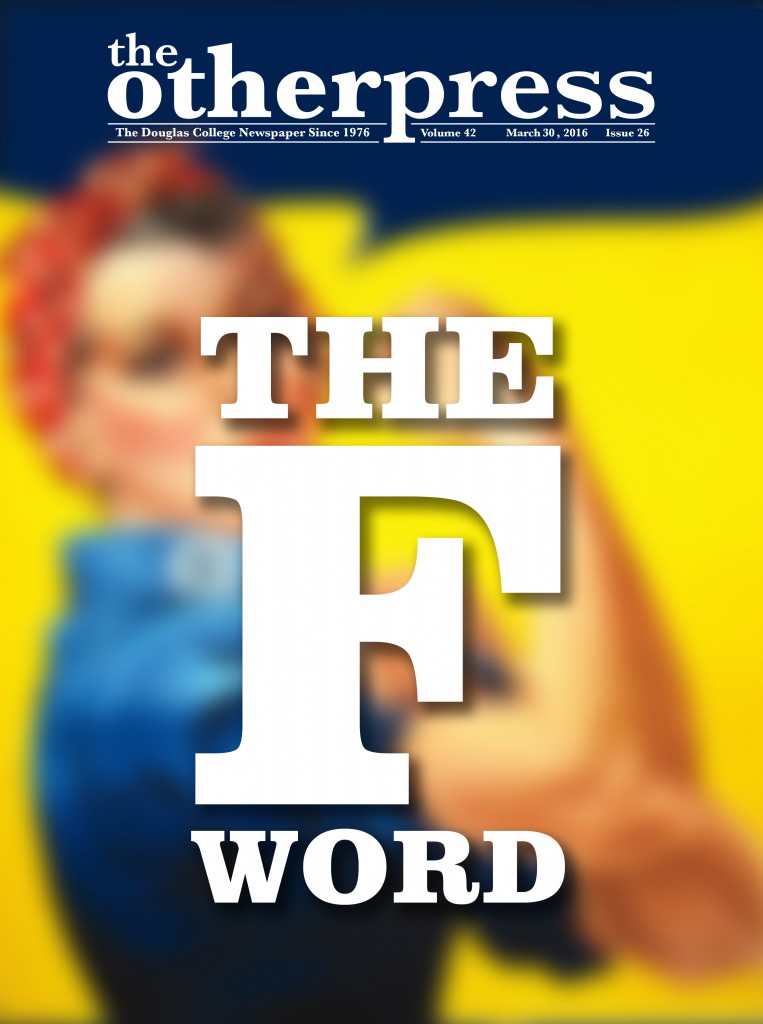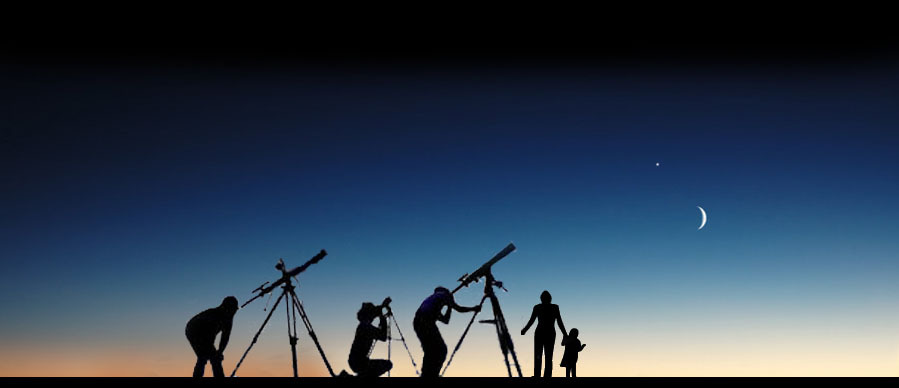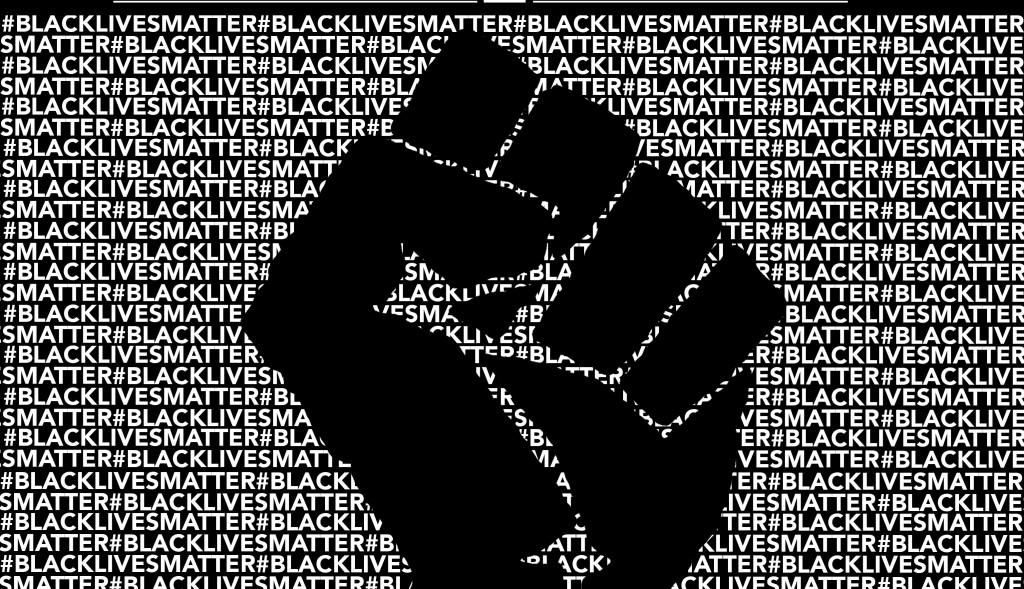
By Chitwan Khosla, Features Editor
“I myself have never been able to find out precisely what feminism is: I only know that people call me a feminist whenever I express sentiments that differentiate me from a doormat.”—Rebecca West.
The above quote by West appropriately comments on the common perception of the people about feminism. In the beginning of this month we celebrated International Women’s Day. Facebook timelines, Twitter threads, and Whatsapp chats were flooded with posts and pictures to celebrate womanhood. Among those posts were also discussions about how the face of feminism has changed and how it has taken the form of anarchism at many instances. Yes, the face has changed; from the right to vote, to the right to equal wages, to the right to breast-feed in public.
One of the most debated topics of the modern society is feminism. The debate arose majorly when the need for feminist ideology in the western world diminished. Without a doubt, there are women in most countries who are still oppressed and need social, moral, and financial independence and equality, but ironically the apprehension behind being associated with feminism and in fact with womanhood itself has become the roadblock for the liberation of the oppressed. The question is, is it fair?
As the modern history of feminism stands, probably full of bias and ignorance, the ignition of feminist movements in different countries and regions took place based out of the need for equality and fairness. According to the facts and figures presented to us by literature and works by historians, no country can proudly claim that there has never been a need for revolution and struggle for the equal rights for its women. Women were not given the sort of freedom they enjoy now even a century ago. The social norms and the laws were not women-friendly, and whenever a struggle was initiated for equality by women, the revolution was called a feminist movement.
Everyone, of any gender, age, or social status, expects and deserves the right to equality. Any society, community, or country can operate peacefully only if its members or citizens feel that the system in place is just and they are no subject to any differentiation. If there is a seed of discrimination is sown, the fruits it will yield is that or rebels and outcries. If it is about equality and fairness, then the term is not limited to any specific gender. Then why call it “feminism,” a term that has its etymological roots in word feminina, meaning woman in French? Well, this is one of the underlying reasons behind the phobia of feminism itself. Men and women both don’t want to associate with womanhood for advocacy of anything. They instead call themselves “equalists.” What is the difference between the two? The Oxford English Dictionary defines feminism as “the advocacy of women’s rights on the ground of equality of the sexes,” and equalism is defined by other sources as “advocacy for equality of all genders.” In a crux, both the terms are inter-related, more or less defining each other. The difference lies in the way they are used and the diplomacy behind it.
Let’s look at this way, calling a man or a boy, a “girl” is considered insulting. Calling a girl, a “girl” is considered insulting. Is it that women are the weaker sex? Well, women are not. They are perceived to be. They always have been, even since the beginning of the time. Women can always feel that they are considered weaker by their male counterparts in all walks of their lives, and have repeatedly voiced their opinions about the same. However, they also express hostility when you tell them they are being strong-headed feminists. They don’t want to project themselves as weaker or asking for more than they deserve. At least this is what most of them reason.
Priyanka Chopra is a sensation these days. The former Miss World and successful Bollywood actress has become a style icon with her successful TV show Quantico. In an interview during the promotion of her show, she said: “I don’t think it’s feminist, but it’s empowerment… It’s got very strong female characters, and I don’t think it’s a bra-burning feminist show where you’re like, we hate men, but we have really strong male characters, too… It gives females an opportunity to be equal with the boys, and I think that’s really progressive.” This statement of hers garnered international attention and she was criticized, particularly in her own country. She incorrectly defined feminism, and talked about what she believes in—the correct definition of feminism. Still, she would not accept that she supports it. Was it ignorance, or the fear of the word? Whatever it is, it is again an example of women being hostile towards the term “feminism.”
To put it in simple words, we all are opportunists and people of convenience. We used feminism when we most needed it, and now we exploit it to move up the ladder whenever we can find no other excuse. To ask for rights to maternity and paternity leave brings on an anti-feminism blame game. To opine on how men are disadvantaged because women enjoy special rights, we play the card of blind-feminism.
There’s no need for the word “feminism.” What we need is the founding thought of feminism, which is equality for both the genders. Amusingly, most everyone agrees with these thoughts, but very few accept that fact. In a real sense, the ideology and the founding morals of feminism are the very foundations of all the equality rights in modern history. Had women not stepped forward a couple centuries ago and showed the world the power of protest and continuous struggle, the revolution to end the slavery system might have been less successful. The struggles for freedom from colonial rule to the modern-day advocacy for LGBT community—all the revolutions for equality carry the flame of feminism within them.
Try to fathom, while living in one of the most advanced and progressive parts of the world, that there are countries where women are abandoned, cast out, and even publicly stoned to death if they commit the “crime” of driving a car. There are communities who leave their women to die if there is no female doctor to attend to them, which is insane because these communities don’t send their girls to schools even for their basic education. There are communities where men are in polygamous relationships because they need women to fetch water from the community wells by walking 20 miles each day.
All these women who are caught-up in the vicious-cycle of cultural, social, and even physical bias, need emancipation. Emancipation, to begin with, from all the atrocious perceptions against them. The fine lines of gender should be kept aside, and that of human beings needs to be considered. The phrase “I support equality but I am not a feminist” should be eradicated completely. Still, it really doesn’t matter whether you are a feminist or not, what matters is that you understand that equality is a birthright of every human ever born. The only difference is that the meaning of freedom and equality are different for different people across cultures and countries.



